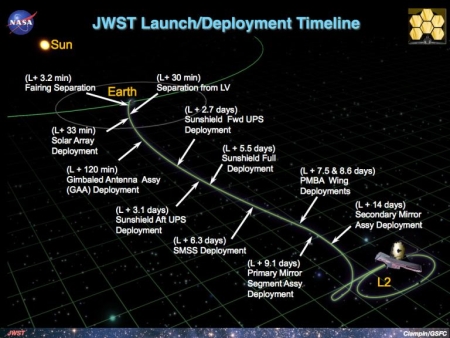Arianespace’s Vega rocket launches three French military satellites
Early today Arianespace successfully launched three French military reconnaissance satellites using its mostly Italian-made Vega rocket.
This was the third successful Vega launch since a 2020 launch failure.
The leaders in the 2021 launch race:
41 China
25 SpaceX
18 Russia
5 Europe (Arianespace)
China remains ahead of the U.S. 41 to 38 in the national rankings.
Early today Arianespace successfully launched three French military reconnaissance satellites using its mostly Italian-made Vega rocket.
This was the third successful Vega launch since a 2020 launch failure.
The leaders in the 2021 launch race:
41 China
25 SpaceX
18 Russia
5 Europe (Arianespace)
China remains ahead of the U.S. 41 to 38 in the national rankings.

